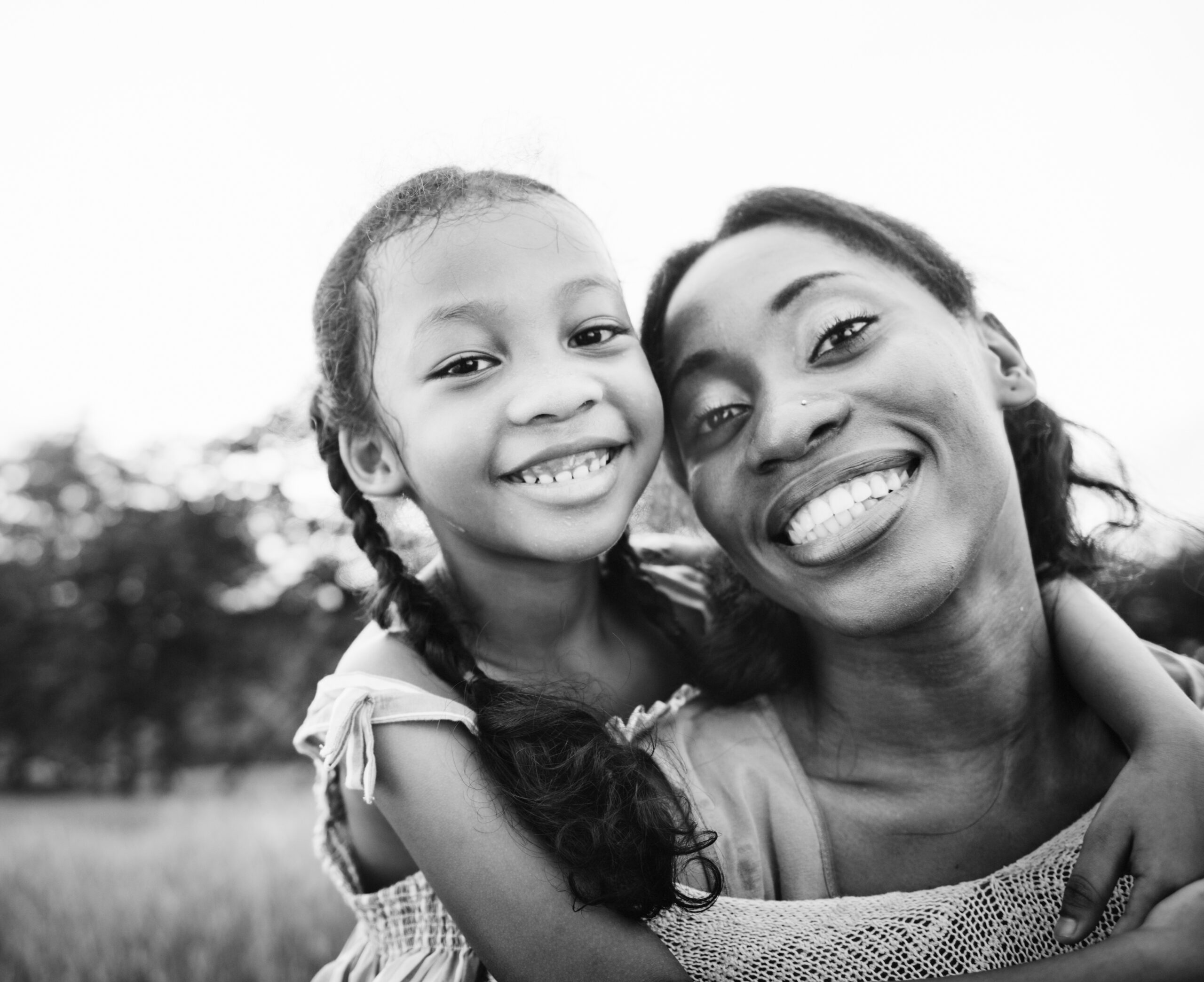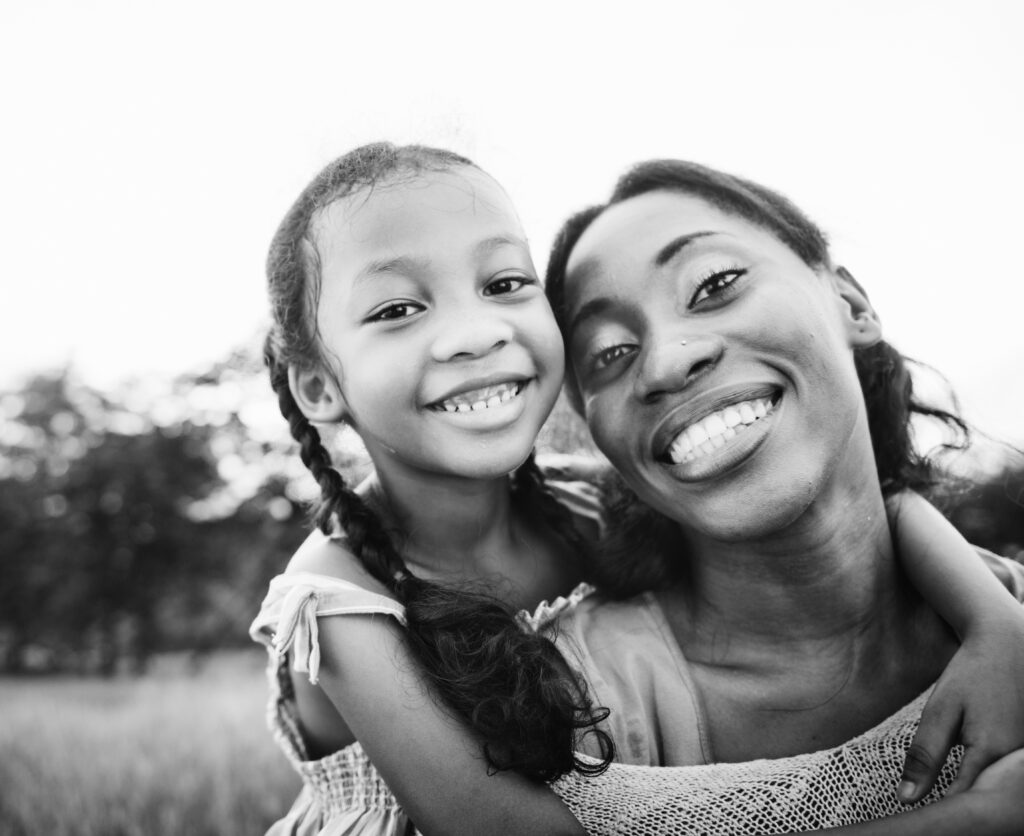
Parenting and caregiving is a sacred and yet challenging role. It is a lifelong occupation that involves nurturing and developing the hearts and minds of our loved ones. It is full of highs and lows. A life full of stress, disappointments, surprises, joy and pride. Parenting and caregiving however have not been known for their moments of equanimity.
What is Mindfulness?
According to the American Psychological Association (APA.org, 2012), mindfulness is:
“…a moment-to-moment awareness of one’s experience without judgment. In this sense, mindfulness is a state and not a trait. While it might be promoted by certain practices or activities, such as meditation, it is not equivalent to or synonymous with them.”
As founder of Ivy Child, Rose states, “Mindful parenting and caregiving is about giving ourselves the space and permission to be human, accepting the imperfections of life, while loving ourselves and our loved ones through all of life’s seasons. It entails deliberate intention, care and devotion abundantly and unconditionally with our whole heart and mind.”
How can Mindfulness help?
The practice of mindfulness allows for a host of skills and typical responses to be reshaped from instinctive or conditioned actions into more composed, deliberate ones. The following are ways that you can harness the power of mindfulness to become the caregiver you strive to be:
-
Being Present
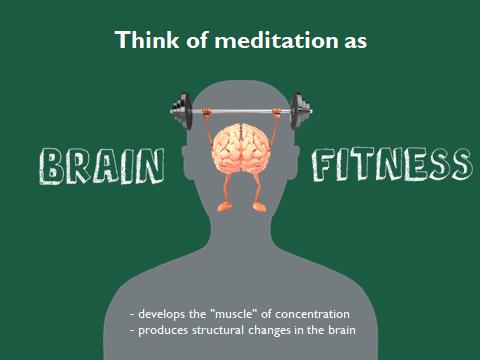
The bedrock of mindfulness is the ability to be fully present . The simple practice of observing yourself sharpens your awareness of the moment. Mindfulness helps caregivers declutter their minds and immerse completely in their loved ones time without distractions. This is particularly important for working parents and caregivers that need to divide their time between many responsibilities and their daily balancing act. Through these practices it is possible to have much richer experiences in the time they get together.
-
Acceptance without Judgement
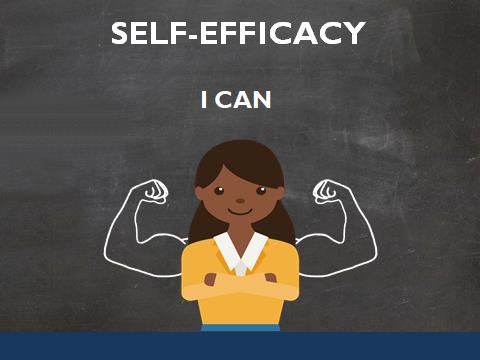
Mindfulness helps widen the gap between stimulus and response. It helps break the conditioned links between actions and perceived entanglements or expected outcomes. While it is easy to rush to judgment and be critical, it is important to take a breath and realize that the world does not work the way we anticipate especially for our little ones.
-
Deeper empathy and bond
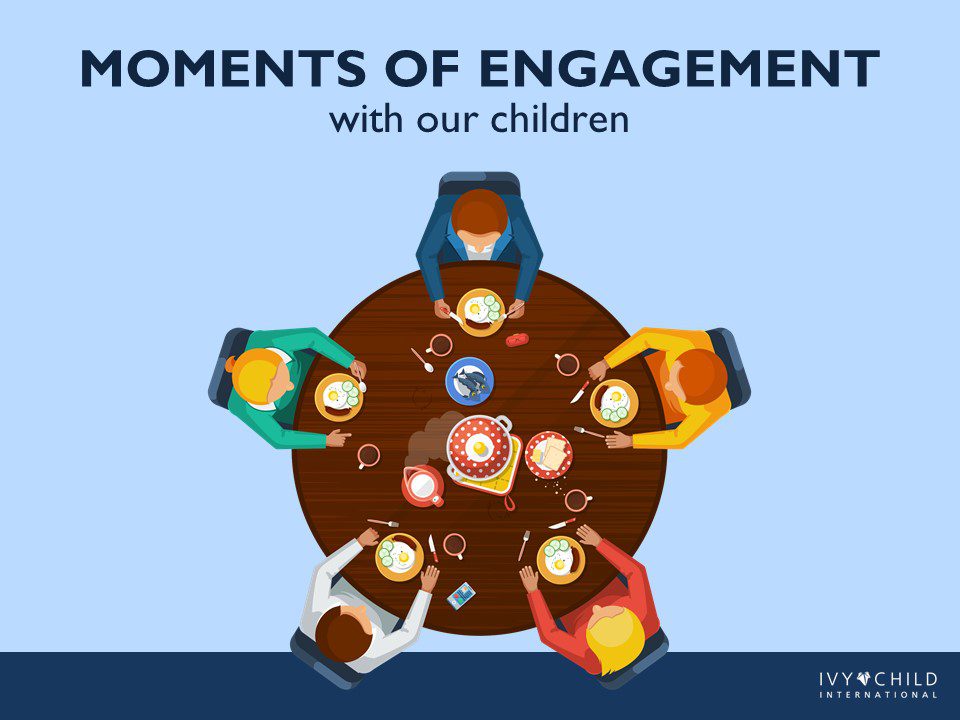
While it can be difficult for us as adults having to navigate and manage our emotions during challenging times, imagine the complexity for a child to do the same. Experiencing isolation and losing a sense of community during this time, and missing meaningful gatherings and experiences can feel like a significant loss. Mindfulness equips us with the super power of empathy. It allows us to be able to take a step back and imagine the world of others to gain greater insight and connection to our loved ones.
-
Manage emotions and reactions
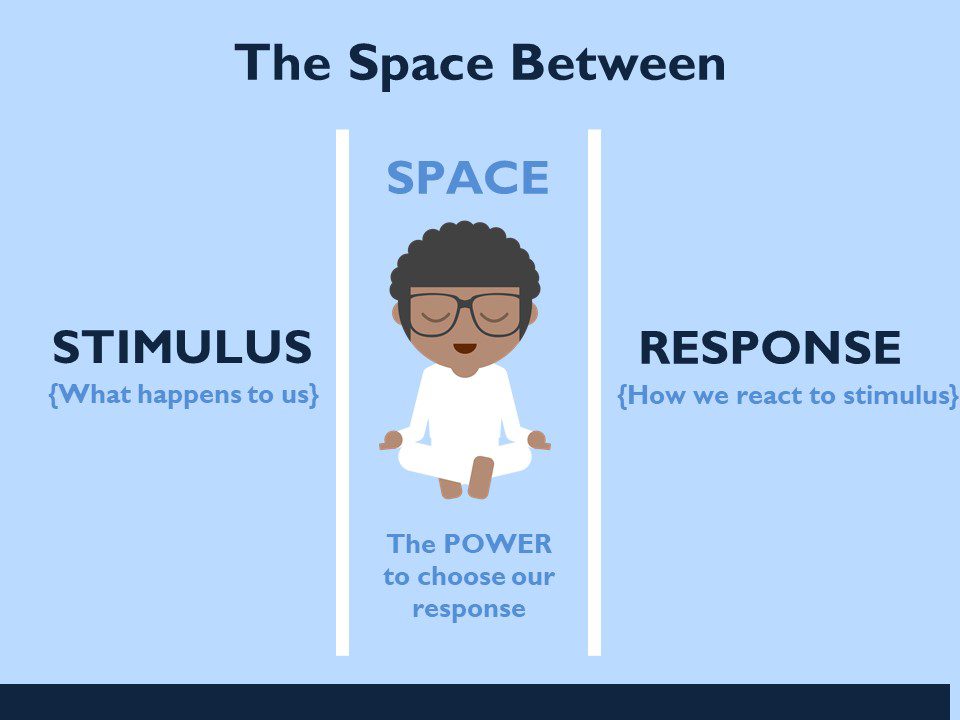
It is difficult to always keep stress, irritation, frustration and despair in check. At some point it is overwhelming and gets the best of us. We often unleash our emotions to those nearest and dearest to us. Mindfulness helps with being able to pause and take a few deep breaths to settle the mind, release a few pressure valves and go back to being the superhumans caregivers can be.
-
Compassion for self
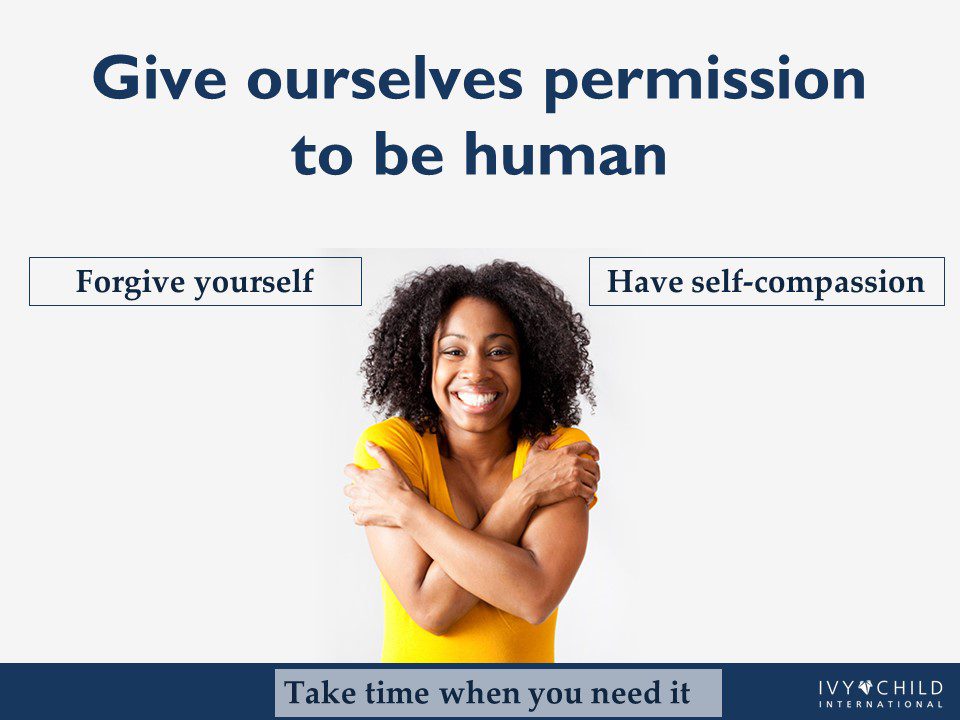
Caregivers benefit from the space and permission to be human. While striving for the best each day, it is important to carry and exercise the same care and love we exhibit to others to ourselves. The gift of self-love and compassion that a practice of mindfulness provides brings the loving and kindness we all need intertwined in our journey and further models that for our loved ones.
Here’s a video where Daniel Siegel sheds light on this skill and lends some great insights:

